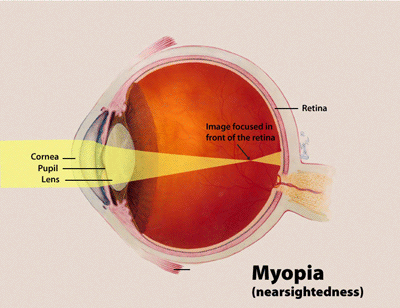Omega-3 Supplements and Their Impact on Athletic Performance

A recent study published in the journal *Nutrients* has shed light on the potential benefits of omega-3 supplementation when combined with resistance training in enhancing athletic performance. Conducted by researchers including Dr. S. Okut and colleagues, the study involved 30 physically active male participants aged 18 to 30 who underwent an eight-week regimen of resistance training alongside daily omega-3 supplementation of 3150 mg, comprising 1620 mg of eicosapentaenoic acid (EPA) and 1170 mg of docosahexaenoic acid (DHA). The results indicated significant improvements in key physiological markers associated with exercise recovery and training adaptation.
Omega-3 fatty acids, primarily found in fish oil, are well-known for their anti-inflammatory and antioxidant properties. They play a crucial role in supporting heart and brain health, which is particularly beneficial for athletes who experience oxidative stress during intense physical activity. According to Dr. Liji Thomas, MD, who reviewed the research, the combination of omega-3 supplementation and strength training resulted in notable enhancements in lipid profiles, inflammatory markers, and neuromuscular performance, underscoring the potential of omega-3s in sports nutrition.
The findings revealed that supplementation led to an 8% to 10% reduction in low-density lipoprotein (LDL) cholesterol and triglycerides, along with an 11% increase in high-density lipoprotein (HDL) cholesterol. This suggests that omega-3 supplements may lower cardiovascular risk among athletes. Furthermore, inflammatory markers such as interleukin-6 (IL-6) and tumor necrosis factor-alpha (TNF-α) were reduced by approximately 27% to 41%, indicating improved recovery and adaptation to training.
Neurological assessments showed increases of 12% to 19% in brain-derived neurotrophic factor (BDNF), dopamine, and serotonin, all of which are pivotal for cognitive function and neuromuscular coordination. The study demonstrated enhanced muscular strength, power, speed, agility, and reflexes in the group receiving omega-3 supplements, suggesting that these nutrients may optimize athletic performance significantly.
Despite the promising results, the study's authors noted the need for further research with more diverse populations and varying training modalities to validate these findings. The implications of this research are considerable, as they suggest that omega-3 supplementation could serve as a strategic nutritional intervention for athletes seeking to enhance their performance and recovery processes.
In conclusion, while the initial findings indicate a beneficial relationship between omega-3 supplementation and athletic performance, further studies are warranted to explore the broader applicability of these results across different demographics and training regimens. As the sports nutrition landscape evolves, such insights could lead to more tailored and effective dietary strategies for enhancing athletic performance.
Advertisement
Tags
Advertisement





